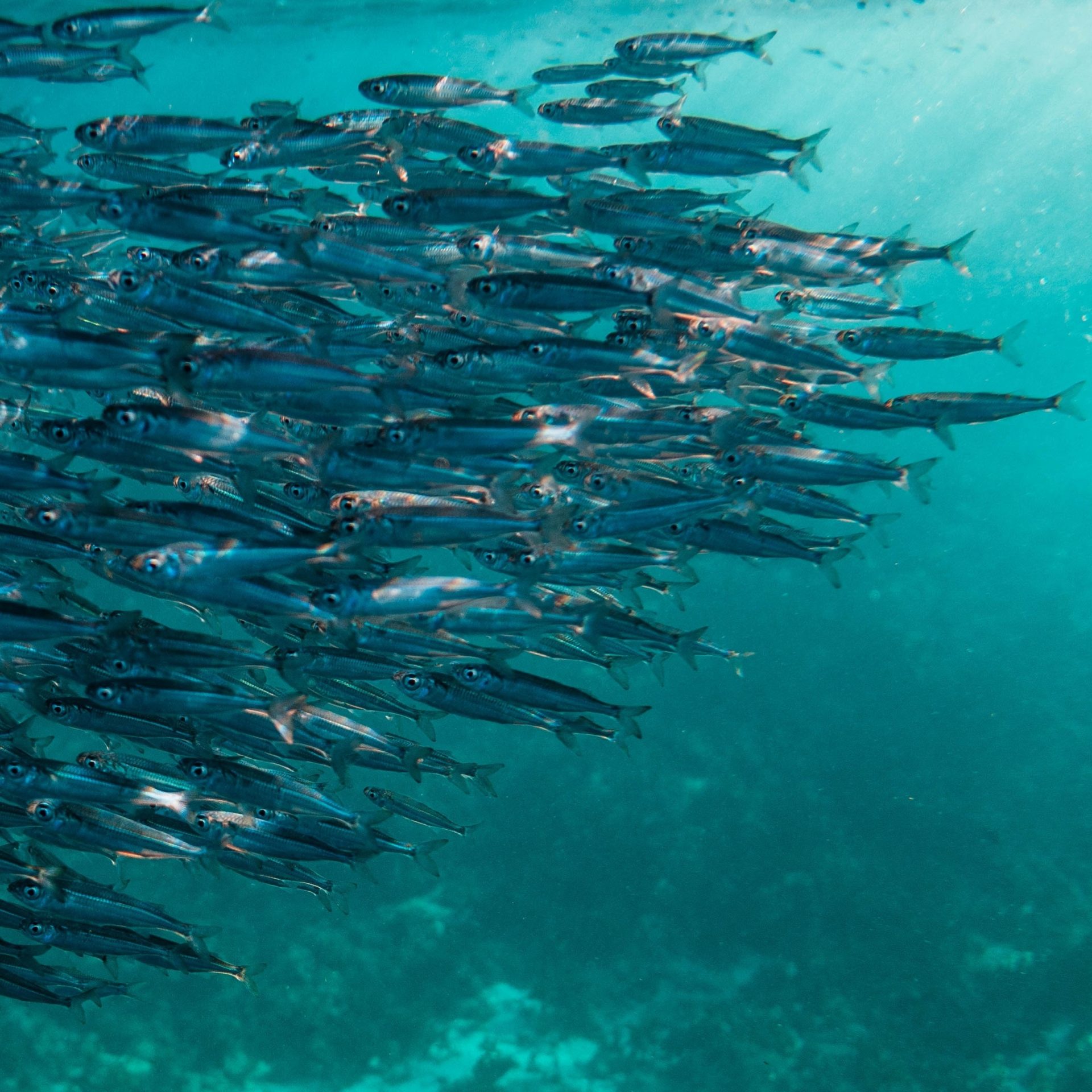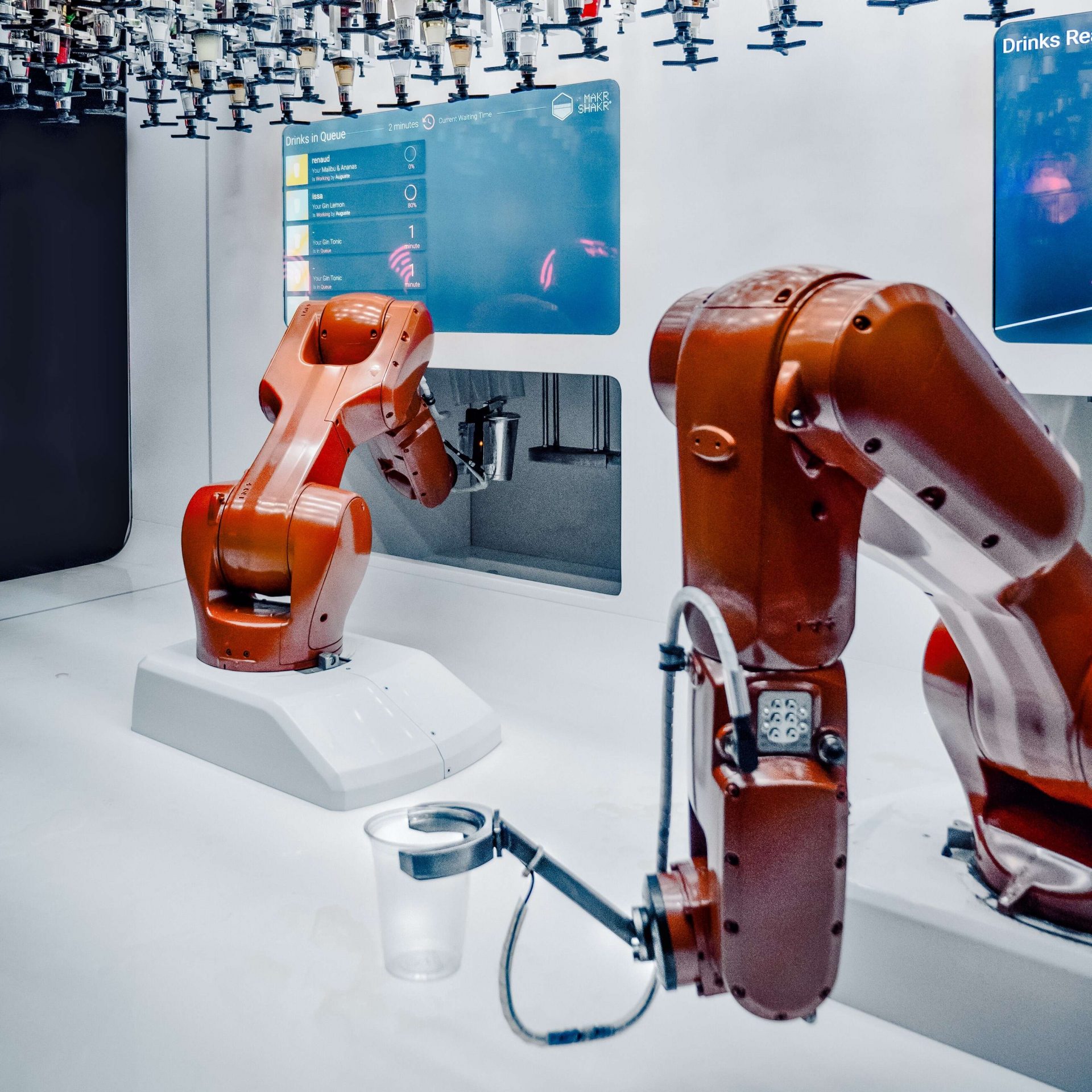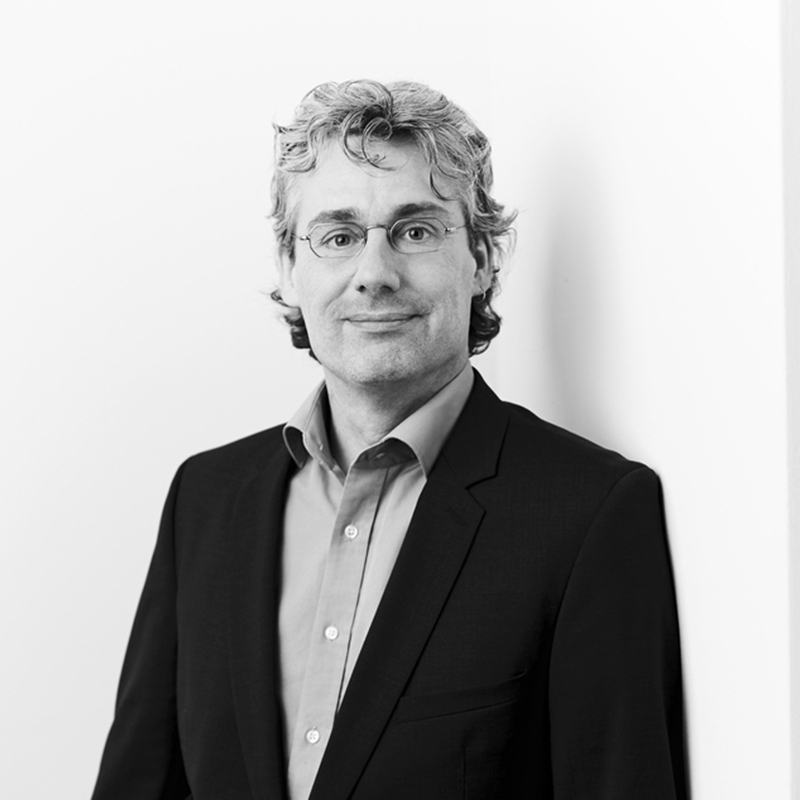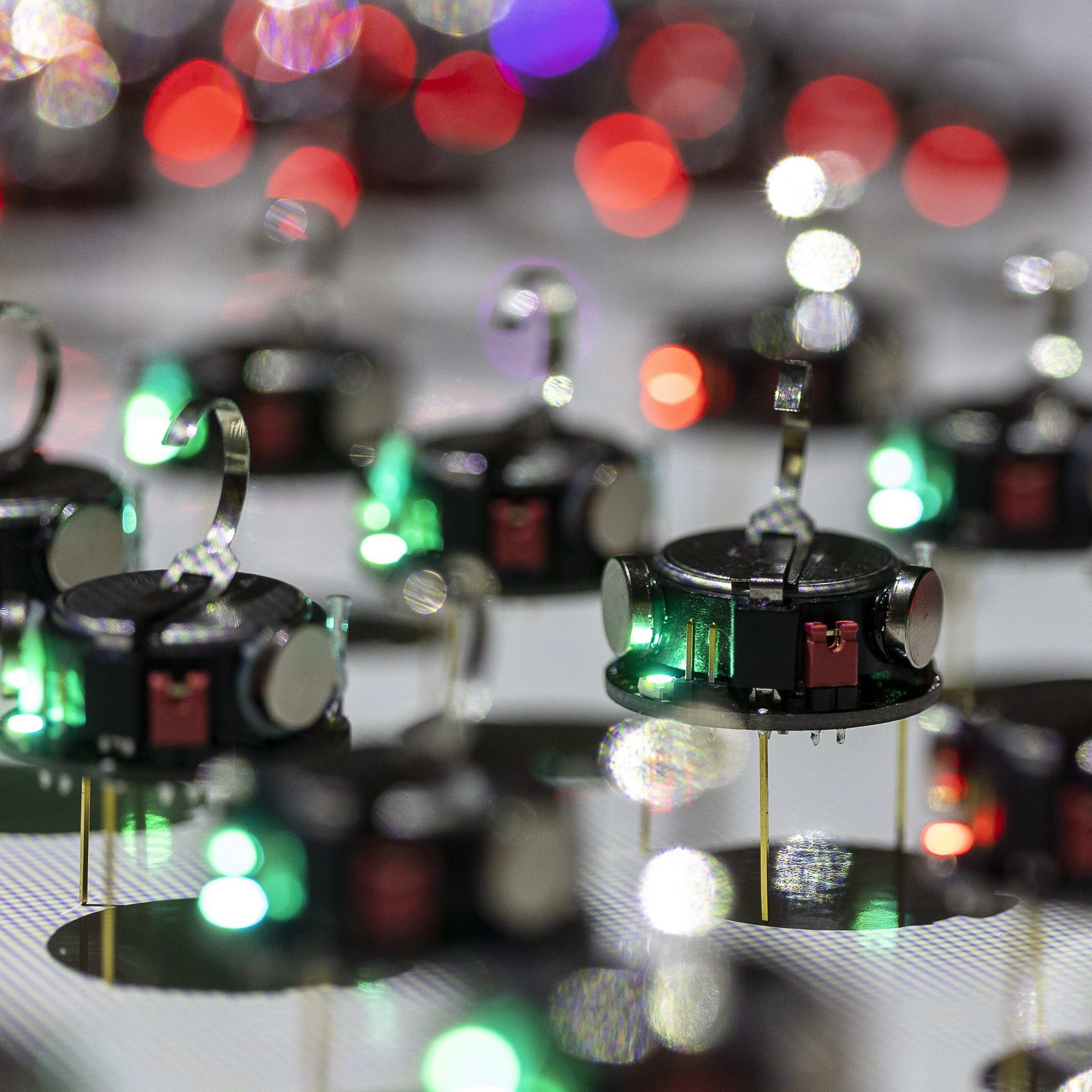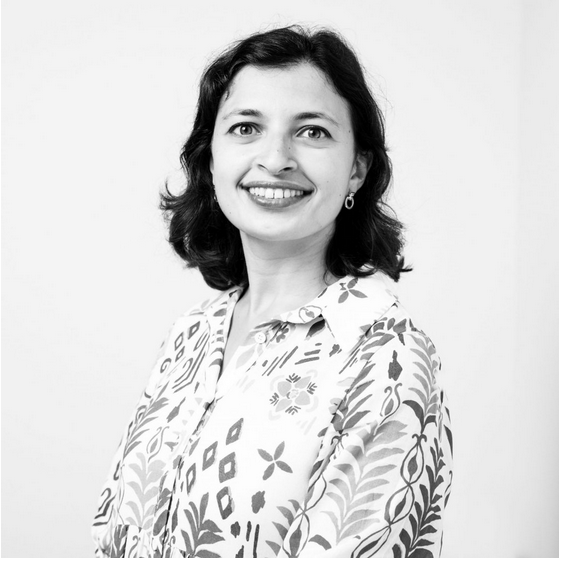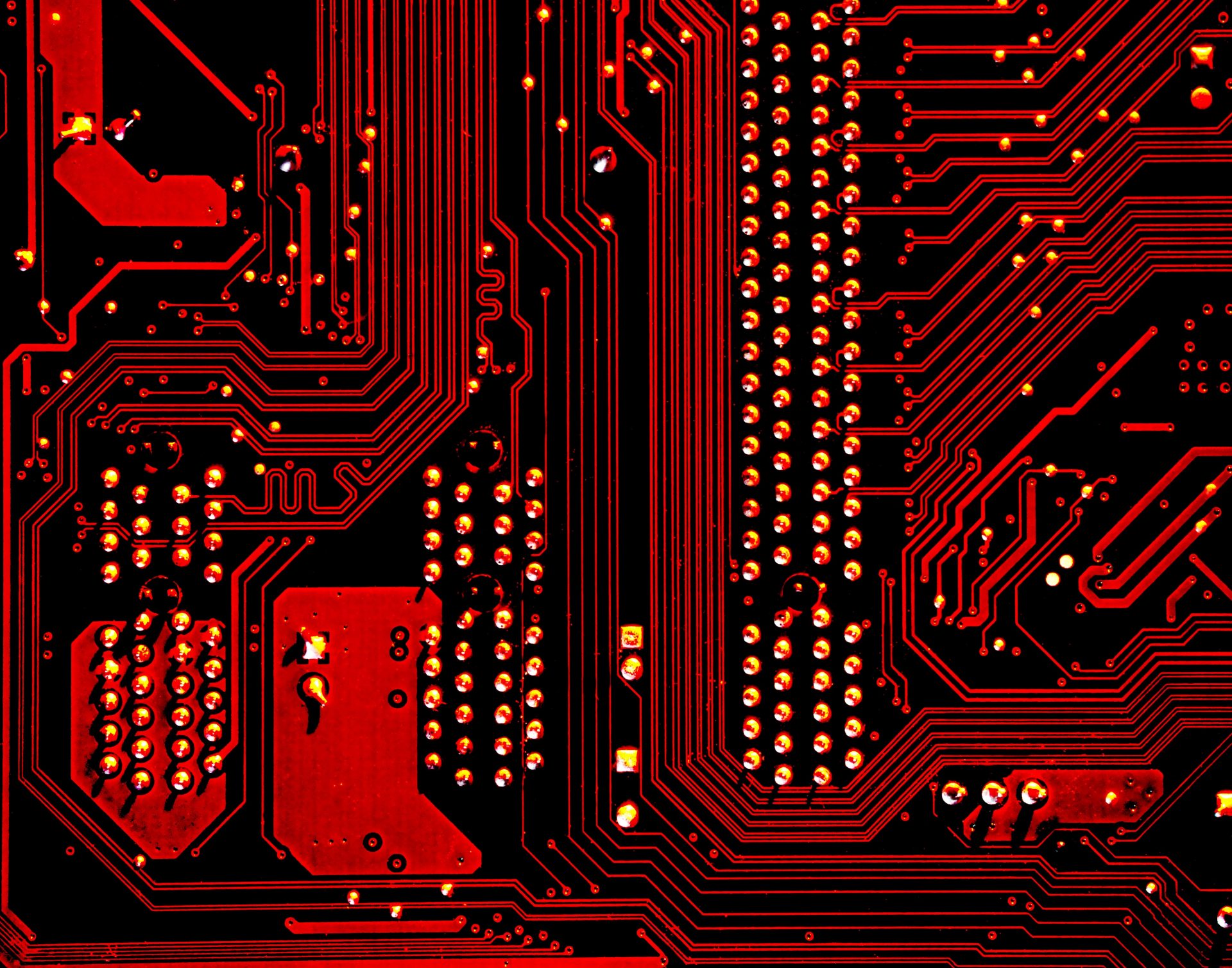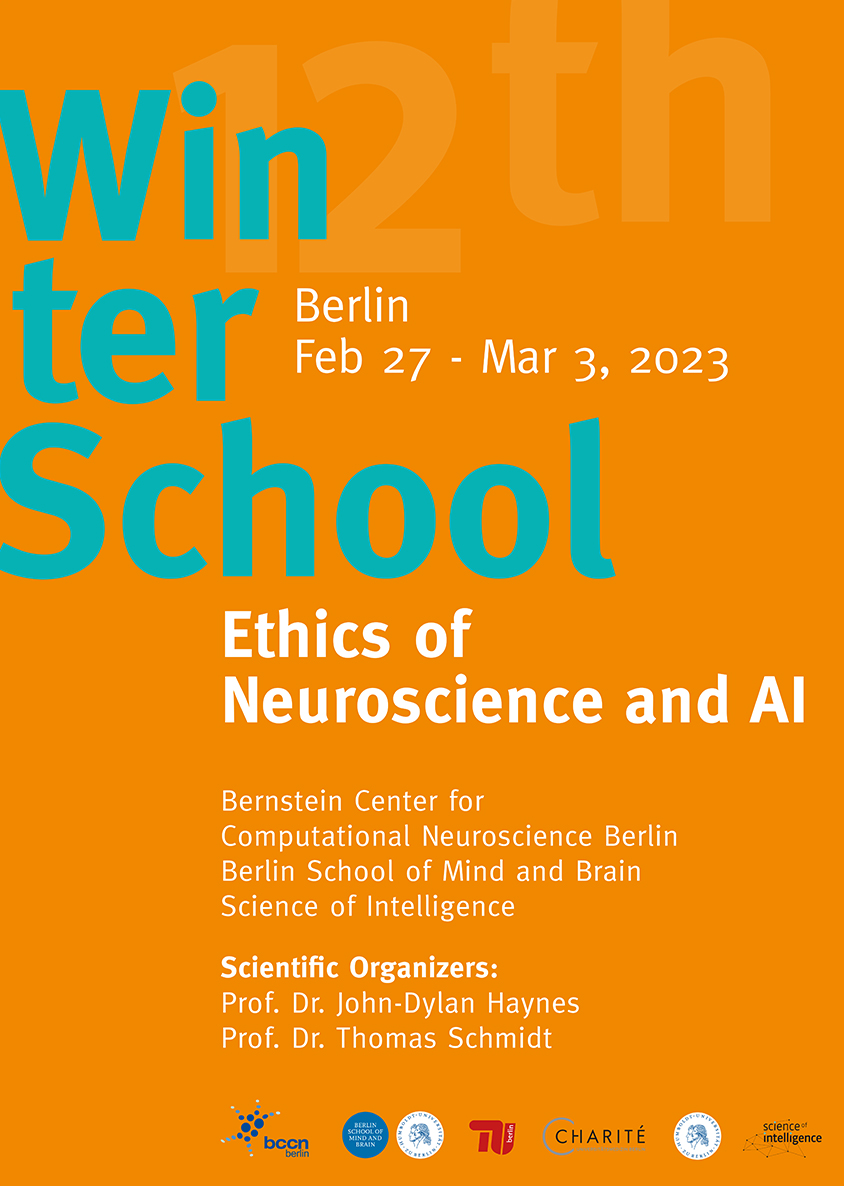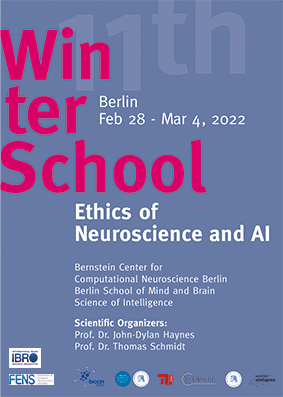
Peter Neri (Laboratoire Des Systèmes Perceptifs, CNRS, Paris), “The Unreasonable Recalcitrance of Human Vision to Theoretical Domestication”
Abstract: We can view cortex from two fundamentally different perspectives: a powerful device for performing optimal inference, or an assembly of biological components not built for achieving statistical optimality. The former approach is attractive thanks to its elegance and potentially wide applicability, however the basic facts of human pattern vision do not support it. Instead,
